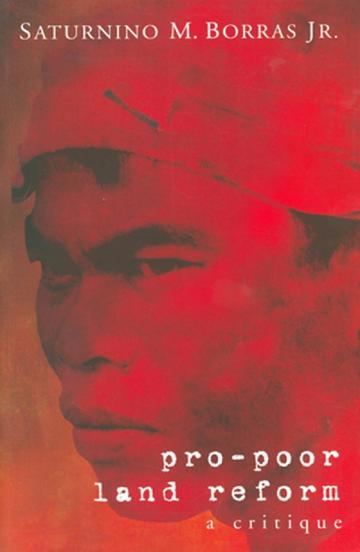 Enlarge Cover
Enlarge Cover
Using empirical case materials from the Philippines and referring to rich experiences from different countries historically, this book offers conceptual and practical conclusions that have far-reaching implications for land reform throughout the world. Examining land reform theory and practice, this book argues that conventional practices have excluded a significant portion of land-based production and distribution relationships, while they have inadvertently included land transfers that do not constitute real redistributive reform. By direct implication, this book is a critique of both mainstream market led agrarian reform and conventional state-led land reform. It offers an alternative perspective on how to move forward in theory and practice and opens new paths in land policy research.
Saturnino M. Borras Jr. holds a doctorate in Development Studies from the Institute of Social Studies at The Hague. He is Canada Research Chair in International Development Studies at Saint Mary's University, Halifax, Nova Scotia. He has been deeply involved in rural social movements in the Philippines and elsewhere since the early 1980s.
“Borras’s study of the Philippines has raised the bar on what in the future will be considered comprehensive analyses of land reform. He not only provides an original analysis of one of the more significant land reforms of the late twentieth century, b


